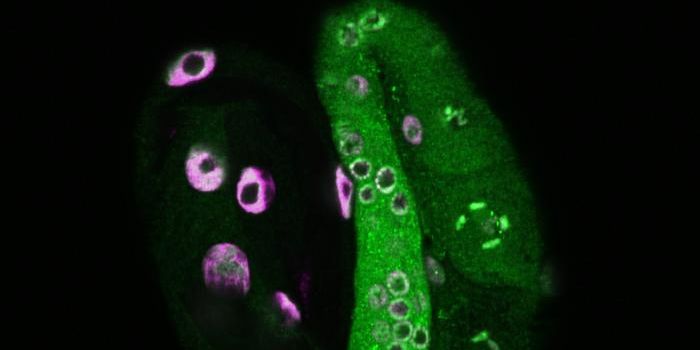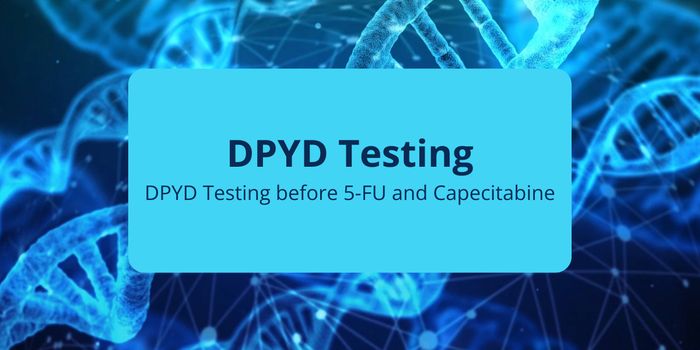The Loss of Y Chromosomes, a Natural Part of Aging, Drives Certain Cancers
The Y chromosome is the smallest chromosome, and holds the least amount of genes, but scientists are still learning about all of its biological functions. Research has shown that many men start to lose Y chromosomes in blood cells as they get older, and this phenomenon has been linked to some disorders including heart disease and now, cancer. Some studies have suggested that the loss of the Y chromosome may help explain why men tend to die at slightly younger ages compared to women, or why there are sex differences in some types of cancer.. Two new studies reported in Nature have explored the link between cancer and the loss of the Y chromosome.
One study used a mouse model to show that a specific gene on the Y chromosome known as KDM5D increases the chance that some types of colorectal cancer will metastasize. The other research report showed that when some cells lose the Y chromosome, bladder tumors are better at evading the immune system, and the risk of aggressive bladder cancer increases.
"This study for the first time makes a connection that has never been made before between loss of the Y chromosome and the immune system's response to cancer," said the corresponding author of one of the studies, Dan Theodorescu, MD, PhD, director of Cedars-Sinai Cancer. "We discovered that loss of the Y chromosome allows bladder cancer cells to elude the immune system and grow very aggressively."
The investigators revealed that while these cancer cells can evade the immune system, they also become more vulnerable to a type of cancer treatment called immune checkpoint inhibitors. For this work, the scientists created a system to measure the level of Y chromosome loss. They determined that when the Y chromosome was lost in men who had bladder cancer, and who were not treated with checkpoint inhibitors, the outcomes were worse. Another analysis showed that when the Y chromosome was absent in tumor cells from male bladder cancer patients who had been treated with checkpoint inhibitors, the outcomes were better.
In the lab, mouse bladder cancer cells grew much faster when the Y chromosome was absent compared to when it was present, but only in mice with normal immune systems.
"The fact that we only see a difference in growth rate when the immune system is in play is the key to the 'loss-of-Y' effect in bladder cancer," Theodorescu explained. "These results imply that when cells lose the Y chromosome, they exhaust T cells. And without T cells to fight the cancer, the tumor grows aggressively."
The work also suggested that when tumors have lost the Y chromosome, immune checkpoint inhibitors will be more effective as a treatment, which reverses T cell exhaustion and primes the immune system to battle cancer.
These results led the team to work on developing a test that can show when the Y chromosome is absent from tumors; this could improve the application of immune checkpoint inhibitors in male bladder cancer patients.
Theodorescu added that preliminary work has also suggested this is happening in prostate cancer. There are related genes in women on the X chromosome, and these findings could also apply in some ways to women too, noted Theodorescu.
"The fundamental new knowledge we provide here may explain why certain cancers are worse in either men or women, and how best to treat them. It also illustrates that the Y chromosome does more than determine human biologic sex," Theodorescu said.
(While this article referred to people with a Y chromosome as men or male, not everyone with a Y chromosome identifies as male, and not everyone who identifies as male has a Y chromosome.)
Sources: Cedars-Sinai Medical Center, Nature









